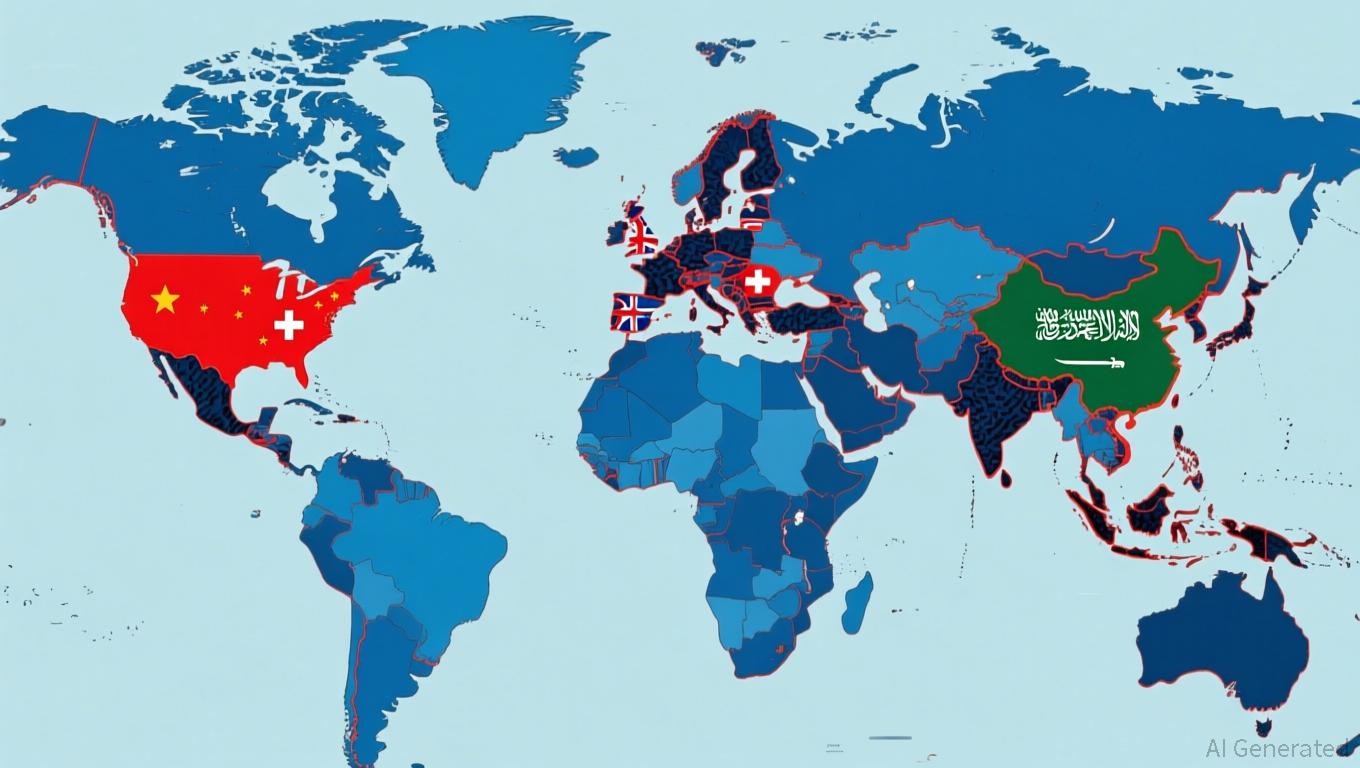Teller Allegedly Forges 90-Year-Old’s Signature and Drains $100,000 From Account – Now Customer Says Bank Refuses To Reimburse
The family of a 90-year-old man is suing his bank for alleged gross negligence and breach of fiduciary duty after the bank failed to prevent and reimburse a $100,000 theft from his account.
A former teller at Oriental Bank, Jahmaira Farrell, has been arrested and is accused of using her position at the bank to drain St. Croix resident Lennox Cato’s account.
The Virgin Islands Police Department says Farrell forged the Cato’s signature to close a certificate of deposit and then issued a $100,000 manager’s check to an accomplice.
The victim’s niece, Roxanne Richards, who holds power of attorney over her uncle, Lennox Cato, is now suing Oriental Bank, alleging gross negligence, breach of fiduciary duty, breach of contract and failure to honor its own internal safeguards designed to protect vulnerable clients.
Says Richards,
“It was betrayal in its purest form. This wasn’t just money. This was his stability, his security and his peace of mind.”
The lawsuit highlights the bank’s “Financial Exploitation Protocol,” which aims to protect elderly and dependent clients from financial abuse.
Says Richards’ attorney Jacob Gower,
“It’s about accountability. It’s about ensuring that banks don’t turn a blind eye to fraud, especially when they’ve made public promises to protect people like Mr. Cato.”
Farrell is now facing several financial crime charges, including obtaining money by false pretense, forgery, grand larceny, aggravated identity theft, conspiracy and financial exploitation of an elderly or dependent adult. Bail was set at $35,000.
Generated Image: Midjourney
Disclaimer: The content of this article solely reflects the author's opinion and does not represent the platform in any capacity. This article is not intended to serve as a reference for making investment decisions.
You may also like
Monero’s reputation for privacy faces challenges from modular competitors and evolving regulations
- Monero (XMR) nears $400 as privacy-focused crypto gains traction amid evolving market demands for modular solutions. - Emerging rivals like Solana's GhostwareOS and Zcash challenge Monero's dominance with interoperable privacy features. - Regulatory pressures, including South Korea's expanded AML rules, heighten scrutiny on privacy coins despite their anti-surveillance design. - Analysts highlight Monero's "extreme privacy" legacy but note growing adoption of integrated privacy tools in active blockchain

As Crypto Markets Fluctuate, BI DeFi's Eco-Friendly Cloud Approach Draws Growing Attention from Institutions
- BI DeFi launches a blockchain-powered cloud computing platform combining renewable energy and advanced security to stabilize crypto market risks. - XRP's $180M inflow highlights growing institutional interest in digital assets despite broader market volatility and billions in sector outflows. - The platform's green energy data centers and automated yield settlements address ESG priorities while reducing blockchain's carbon footprint. - User-friendly features like $17 introductory contracts and $50K affil

FDV's Dilemma: Assessing Opportunity While Concealing Risk
- FDV (Fully Diluted Valuation) has become a 2025 key metric for evaluating crypto projects' long-term risks and scalability, especially for new layer-1 blockchains like Monad and Apertum. - Monad's $3.9B FDV despite 12% unlocked supply highlights "low float, high FDV" dynamics, while Apertum's 1.05x FDV-to-market cap ratio signals minimal dilution risk. - Critics note FDV's limitations, including price volatility assumptions and irrelevance for uncapped supply projects like Ethereum , requiring contextual

Switzerland Delays Crypto Information Exchange Pending International Coordination
- Switzerland delays crypto tax data sharing with foreign nations until 2027, citing unresolved CARF partner agreements. - The OECD's 2022 framework requires member states to exchange crypto account details, but 75 countries including the EU and UK face implementation challenges. - Transitional measures ease compliance burdens for Swiss crypto firms while awaiting finalized international data-sharing protocols. - Major economies like the U.S., China, and Saudi Arabia remain outside CARF due to non-complian

